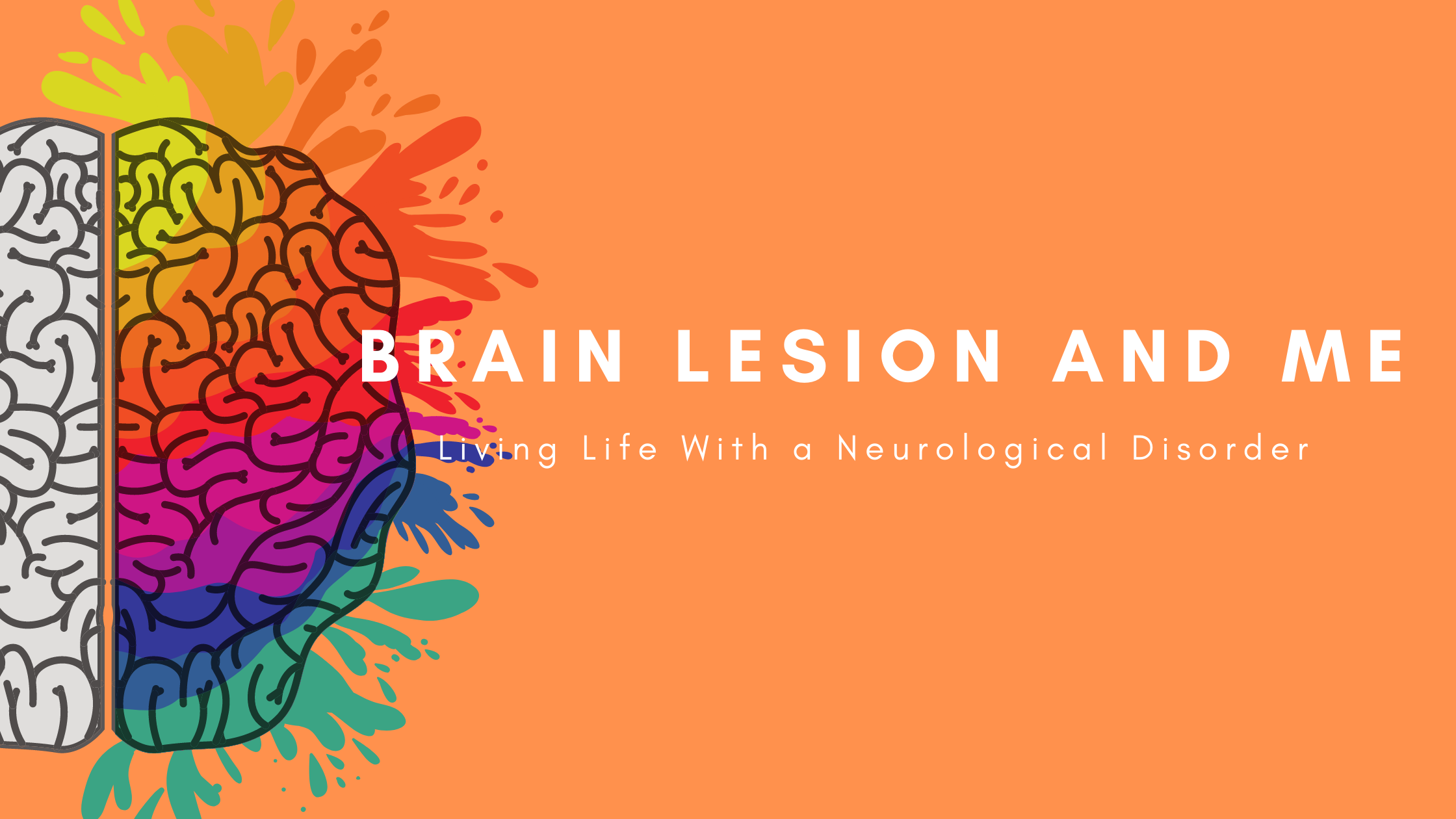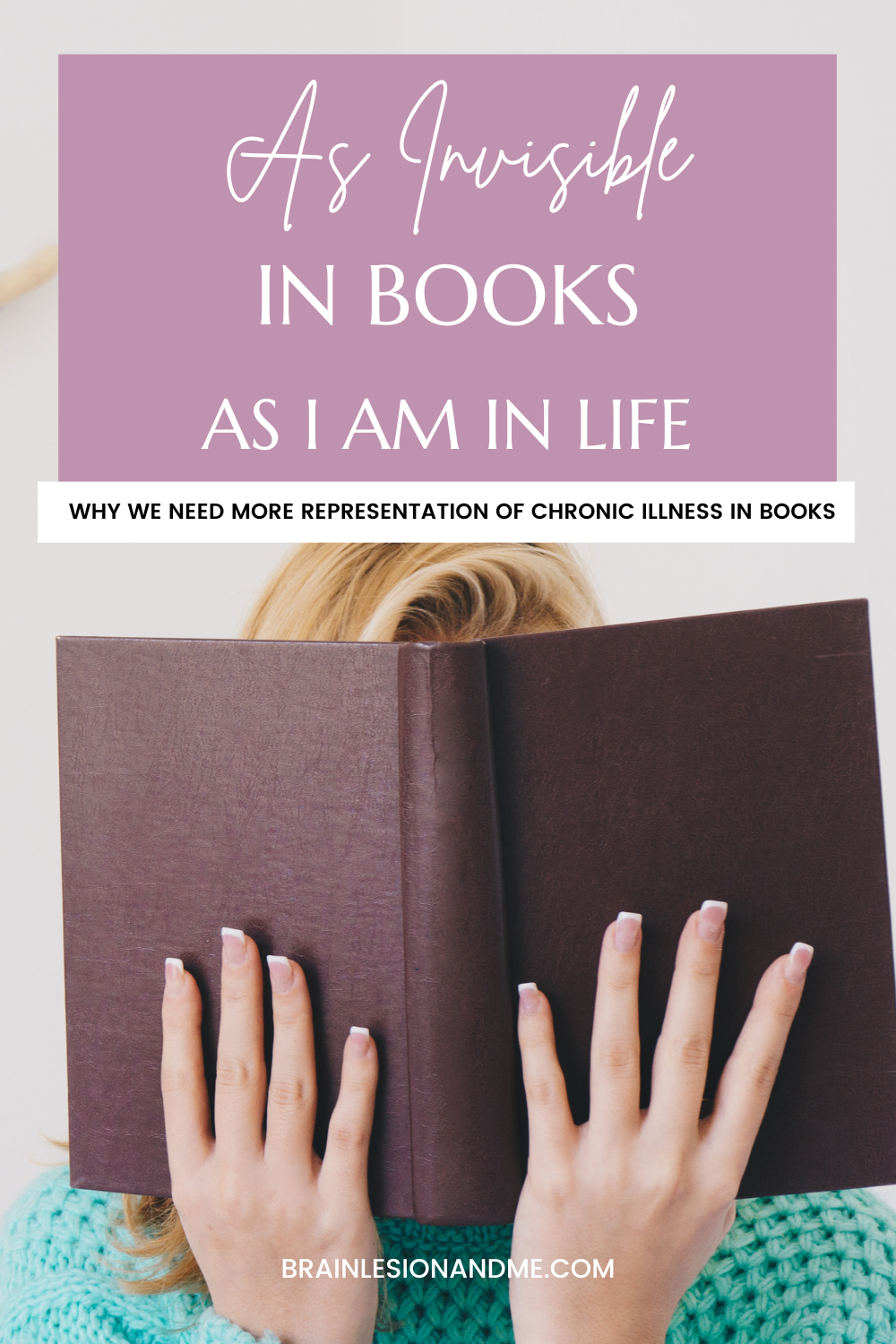NHBPM Day Twenty-Four: Being there for someone with a Chronic Illness…

Welcome everyone to Day 24 of the WEGO Health annual ‘National Health Blog Post Month’. Today, instead of writing one of the prompts provided, I would instead write a follow-up piece to the Day 18 Post ‘How should I care for someone with your condition? Well you should…‘
What if your friend suffers with a chronic illness? What type of things could be done to help them? For friends, it can be harder for them to fully understand the condition on which someone lives with, especially as the friend does not see them everyday, and therefore may not see the full extent of how the condition affects their friend.
Living with a chronic illness can be challenging and frustrating for everyone involved. The symptoms often fluctuate, for me they can fluctuate frequently; symptoms which can change instantly. Symptoms can also be unpredictable – never knowing which days are going to be bad and which days will be good; often patients do not know how they will feel one minute to the next. This can make plans for going out incredibly difficult and challenging.
With a condition like mine, it can also be challenging to know how well I can function from one day to the next; or one minute to the next. One minute my mobility can be relatively okay, using my crutch and then the next I can be on the floor after my legs have given way. This obviously can make incredibly challenging to go out, and often plans need to be made to cover all eventualities.
So, how can you help a friend who suffers with a chronic illness?
Well for starters, to be a friend of someone with a chronic illness, in my opinion you should be non-judgemental and understanding. It can help if the person educates themselves on their friend’s condition. To learn how the condition can fluctuate and change, and all of the symptoms which can come with the condition. With my condition, it can affect mobility, vision, cognition, and also constant dizziness and episodes of vertigo.
It can also be helpful for the friend to learn the changing needs of the patient and never make assumptions of their capabilities of the person. Often, the person may look really good, but the reality may be the complete the opposite. So, always, ask the person what mobility aids that they think they may need for the trip out somewhere and also to ask them if there is anything that you can do to help them.
The biggest think that I feel that you can do to help your friend whom suffers with a chronic illness is to take them out on outings for a few hours. The biggest challenge that I often face is socialising. Due to my condition, I am unable to drive, and due to the severity of the symptoms and the problems with my mobility, I can not go out alone. I am unable to cope with public transportation such as buses, as it requires a lot of standing around waiting for its arrival, which as my legs are weak, I just cannot do. These limitations have severely affected my friendships.

I could invite friends to visit me at my home; but often feels that I am inconveniencing them due to the travelling that they would have to do to reach my house. Also, when I am having company; I like to make sure the house is clean and tidy for them, so all the preparation that I would have to do, really would deplete the number of spoons for that day, and by the time that they arrive I may feel so tired that I am really not up to socialising or playing hostess to the guest.
When I am invited to spend time with friends ( although I really only have one friend who is able to physically take me out) it really cheers me up,; makes me so happy to see someone I haven’t been able to spend the time with, that I would like. It is really useful for the patient when being invited out within the wider world for a few hours; for me, a lot of my time is spent inside the house, so anytime that I do get to go out for a few hours is special.
If the person has a chronic illness has, like myself have difficulties with their mobility, then for the friend it is important to consider transportation – if a group of friends, for example, is meeting for a meal, then it is important to include the person with the chronic illness, and to check whether they have means of getting to the venue, and if not then help them with the planning for transportation that will be suitable for the person. If you are able to drive, then volunteer to pick them up and drop them at home afterwards.
When friends go to these efforts to be inclusive and help us with chronic illnesses, it can make us feel valued as a friend and just makes us feel special, and are always so appreciative of any help that friends offer. Life with a chronic illness can often be very lonely and isolating, so knowing that friends are there for us, and are willing to go the extra mile to help us with things like going out, and helping with transportation can be so uplifting – and reminds us that we are not alone, and that although it may not always feel like, we have friends out there who care 🙂

Although, friends should be made aware, that there is always that possibility that we may need to cancel plans at the very last-minute due to the unpredictable nature of chronic illnesses. This can be very frustrating, and know how upsetting it can be when plans are cancelled. It is also extremely disappointing for the patient too as when plans are made, we often really look forward to go out and have fun, and to then being unable to function and need to stay at home can be demoralising as we spend so much of our time at home anyway! So, friend always be understanding when plans have to be cancelled and to never blame the person – it’s not their fault but their condition! If blame is directed towards the chronically ill person that it can often make us feel even worse.
Another big tip that I can give is to keep in regular touch with the person. Send a message, whether it be a text, message via social media. Just to let them know that you are there for them and more importantly that you care. Often, I find myself totally alone, and the loneliness feels even more evident, so it;s really lovely when I do receive messages. It makes me feel connected to the world and to others even though at the time it may not feel like it.
So, those would be my tops tips for friends of the chronically ill? Are there any tips that I have missed out? Let me know….




abigail.cashelle
Splendid post. 🙂
I agree that having a chronic illness can be very isolating. And, I’m right there with you when it comes to wanting a clean house when people visit. I have two strategies to overcome this. #1: I tell people that my apartment has the “lived in” feel. I don’t live in a museum; I live in my apartment. So not everything is put away. #2: I ask my friends to help me clean my apartment. Sometimes I ask someone (one of those people who says call me if I can do anything for you — those people are great for this!) to come over and put my laundry away or wash the dishes or vacuum. Other times, I just decide beforehand that if my visiting friend asks, is there anything I can do for you?, I’ll say, yes, absolutely. Can you wash the dishes piling up in the sink? That way, I don’t avoid people because I’m embarrassed about the reality of life with a chronic illness.
I’ve written a little bit about the unpredictability of life with a chronic illness & educating people in my life about it: It’s definitely tricky, but I’ve discovered that the more open I am about it, the more hope there is that other people will learn. Sometimes it requires you as the sufferer to be the slightest bit vulnerable. Of course, you need self-confidence for that, something that tends to be eroded by chronic illness.
(http://hiddencourage.wordpress.com/2012/11/23/learning-in-the-exam-room/)
Walking a similar path,
Abigail
rhiannlouise
Thank you Abigail
I just read your post too and it was also superbly written and related a lot to it.
You have come up with some great tips! Fortunately, I live with my parents so there is someone to do the cleaning if I am too unwell to do it, but they are often working, especially when I am due to have visitors which for me is rare. I have found that friends rarely stay being my friend as they cannot understand the condition in which I live, but the ones I do have are fantastic and I know will do anything for me but I am so stubborn and hate asking for help! Will definitely have to work on that weakness!
Thank you for sharing
Rhiann
Pingback: NHBPM Day 30: Recap | My Brain Lesion and Me
Pingback: Coping with Chronic Illness | time4urelaxationandwellness